Ho Chi Minh City University of Economics (UEH) develops scientific research, following the spirit of "Academic Integrity" to integrate and face challenges in internationalization.
In August, UEH became the first university in the country to achieve international accreditation at the FIBAA (European) Educational Institution level; ranked in the top 401 best universities in Asia, according to QS Asia 2023. Previously, the university also led universities in Vietnam in contributing to the 17 sustainable development goals of the United Nations on the THE Impact Rankings 2023.
UEH representative said that to achieve these achievements, the school has set two strategies. First, the school focuses on developing scientific research from internal resources. This is the foundation for improving the quality of training to meet international standards.
With the goal of promoting autonomy and internationalization in training, the school began scientific research and university administration in 2012, based on the foundation of a prestigious, national key public university.
During that process, UEH focused on developing academic research, international publications and serving the community on the basis of internal strength. For more than 10 years, the school has implemented many programs to foster research capacity for its staff; reward and sponsorship policies, encourage quality publications, and at the same time, build management regulations and rules on academic integrity.
Thanks to that, the number of scientific articles published in prestigious international journals of the school is increasing, reaching more than 500 articles per year. On average, each teacher has more than 0.5 articles. The number of lecturers with scientific research published internationally also tends to increase, accounting for nearly 40%. Of which, more than 85% of articles published in journals are ranked in the Q1 and Q2 percentiles on the Scopus scientific database. More than 50% of the published articles are associated with 17 SDGs (United Nations Sustainable Development Goals).
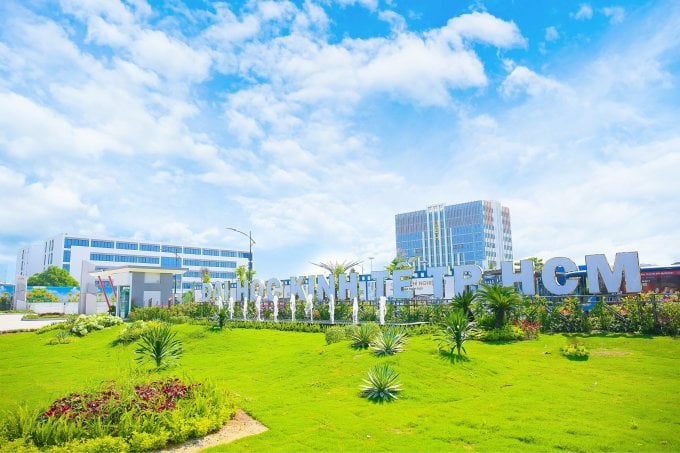
Campus of Ho Chi Minh City University of Economics. Photo : UEH
According to UEH representative, knowledge from these studies is the input for lectures, the foundation for quality training programs that meet international standards. To date, the unit has 7 training programs that meet AUN-QA (ASEAN University Network for Quality Assurance) standards and 9 training programs that meet FIBAA (European International Quality Accreditation Standards), meeting this international standard at the university level.
Along with the increase in scientific research activities, UEH builds an environment in the spirit of "Academic Integrity". The school also advocates recognizing challenges as the basis for sustainable development.
"Developing research and international publications is a new "internationalization" capacity for universities in Vietnam. Prestigious, long-standing, and experienced universities in the world can also face risks in this process," the school representative shared.
Therefore, UEH proactively aims to learn from the management experience of universities around the world, and at the same time, identify and correct existing problems in the implementation process.
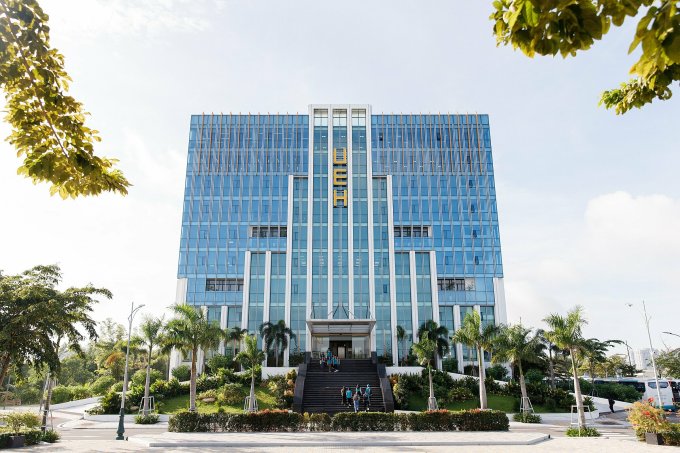
UEH invests in developing facilities so that scientists have suitable research space. Photo: UEH
Since 2012, the school has gradually standardized the "Code of Integrity in Scientific Research" and established the Academic Integrity Council. This department performs the role of assessing the ethical and scientific aspects of research, thereby approving and accepting; supporting academic research projects; regularly warning about the list of journals removed from Scopus, the list of predatory and fake publishers; and "research traps" that can be encountered.
Thanks to this, ABES (Journal of Asian Business and Economics Studies) - one of the first Vietnamese scientific journals in the field of economics and business - was ranked in the top Q1 of the Scopus ranking, helping the school take a big step forward in the internationalization process.
With these measures, UEH can listen to and support scientists, especially young people. At the same time, the school is committed to resolutely handling violations in accordance with the prescribed procedures, regardless of whether the cause is a lack of full understanding or experience in citing references, processing data, or mistakenly choosing poor quality journals...
Prof. Nguyen Dong Phong - Chairman of the University Council said that UEH will continue its internationalization path through research capacity, contributing to the development of Vietnam and knowledge for the world scientific community.
"We choose to take the main path with the internal strength of the school's lecturers and staff and say no to deviant behaviors and individuals who violate standards," he added.
Nhat Le
Source link


![[Photo] Prime Minister Pham Minh Chinh chairs the Government's special meeting on law-making in April](https://vstatic.vietnam.vn/vietnam/resource/IMAGE/2025/4/13/8b2071d47adc4c22ac3a9534d12ddc17)
![[Photo] National Assembly Chairman Tran Thanh Man attends the ceremony to celebrate the 1015th anniversary of King Ly Thai To's coronation](https://vstatic.vietnam.vn/vietnam/resource/IMAGE/2025/4/13/6d642c7b8ab34ccc8c769a9ebc02346b)



![[Photo] National Assembly Chairman Tran Thanh Man attends the Policy Forum on Science, Technology, Innovation and Digital Transformation](https://vstatic.vietnam.vn/vietnam/resource/IMAGE/2025/4/13/c0aec4d2b3ee45adb4c2a769796be1fd)


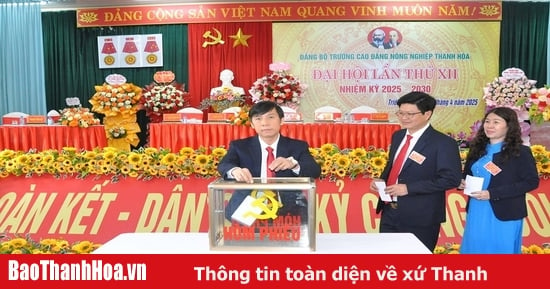

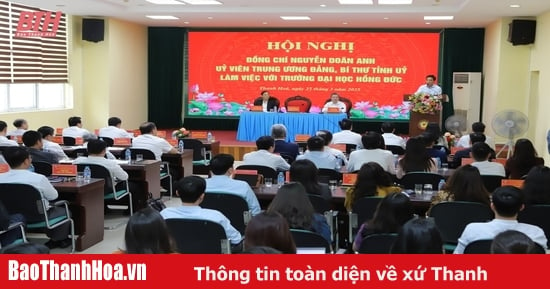
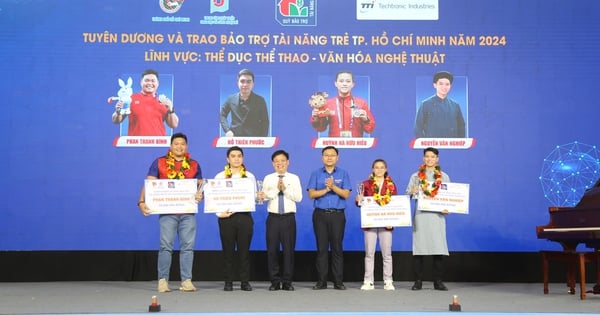

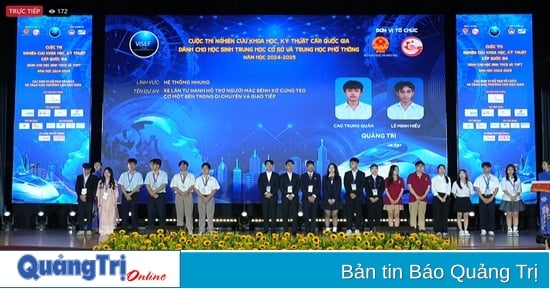
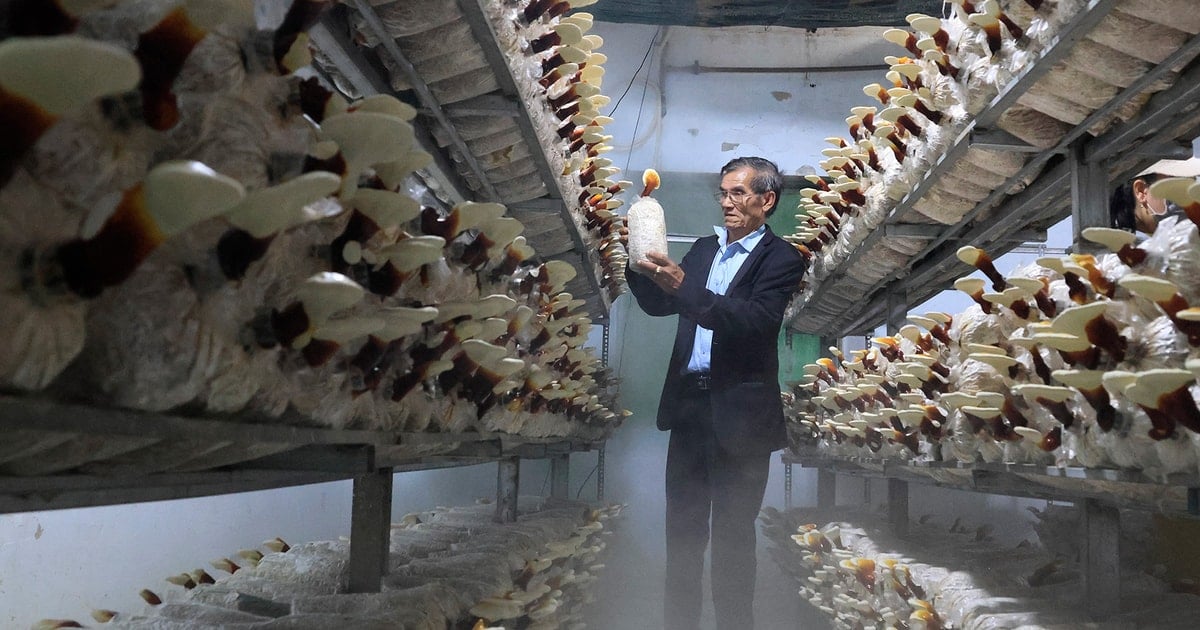


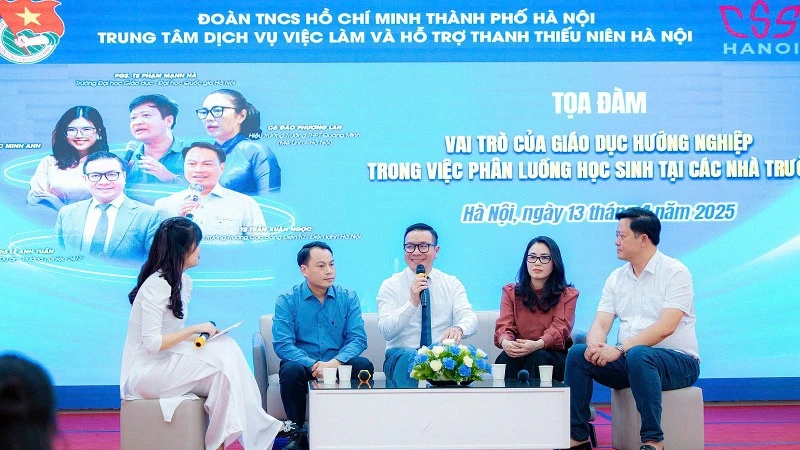
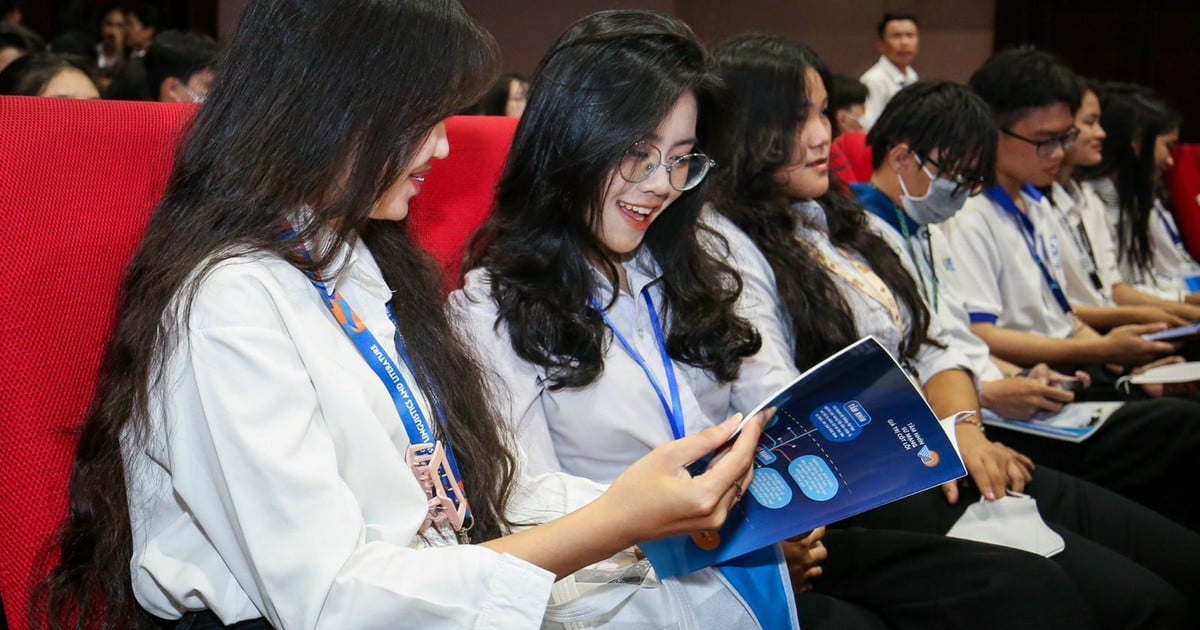
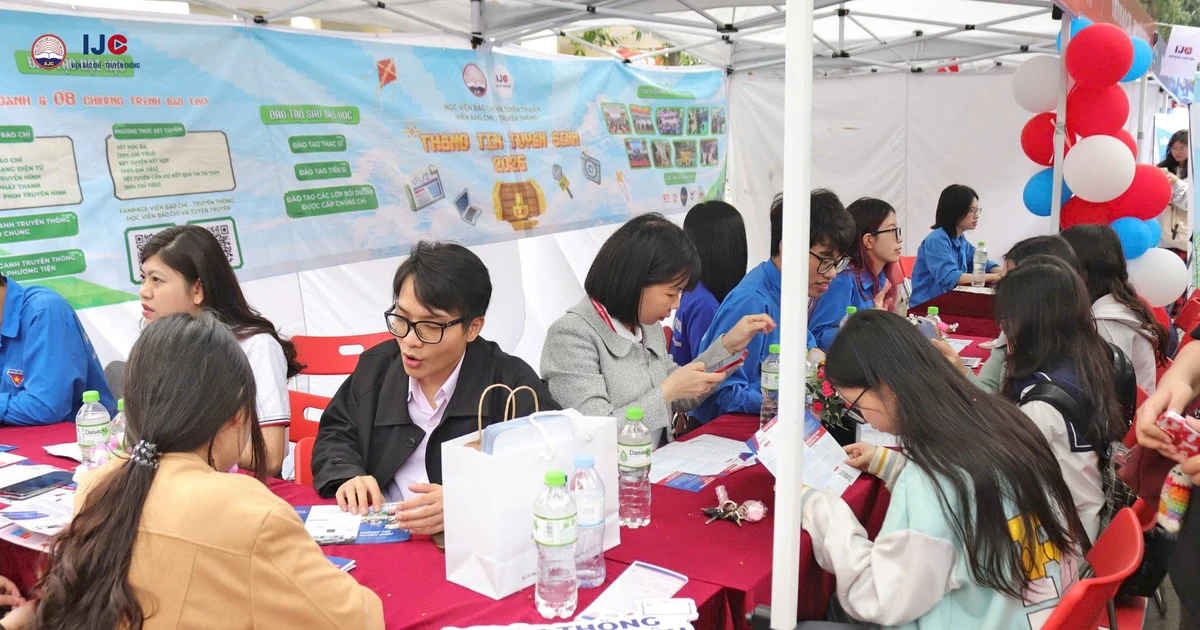
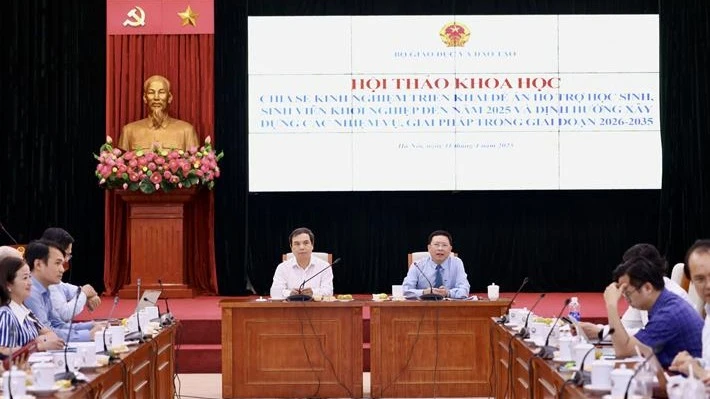









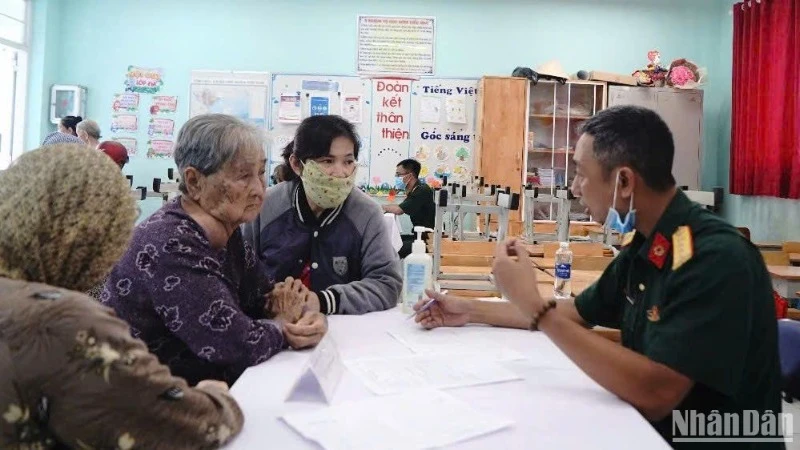














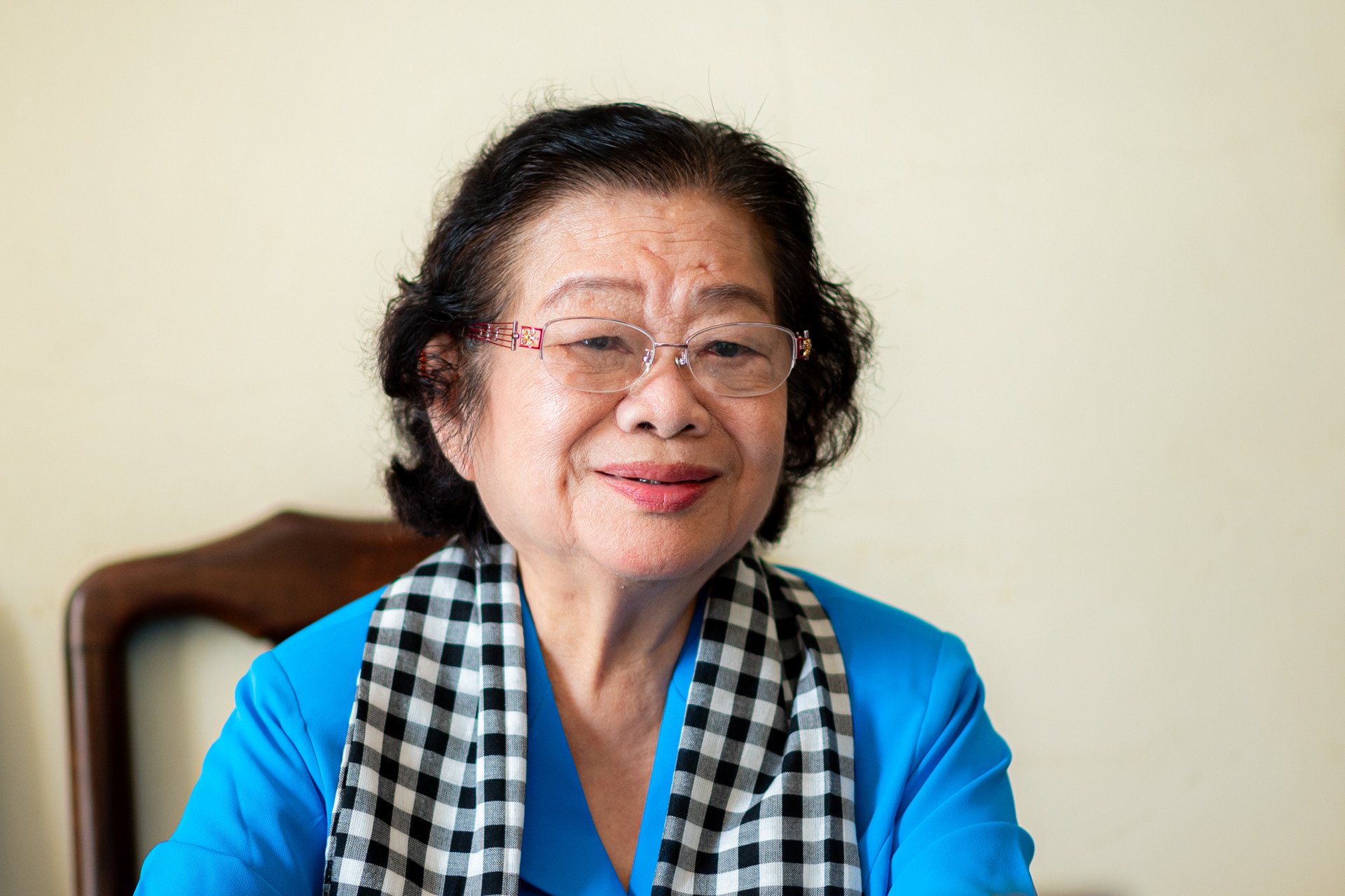

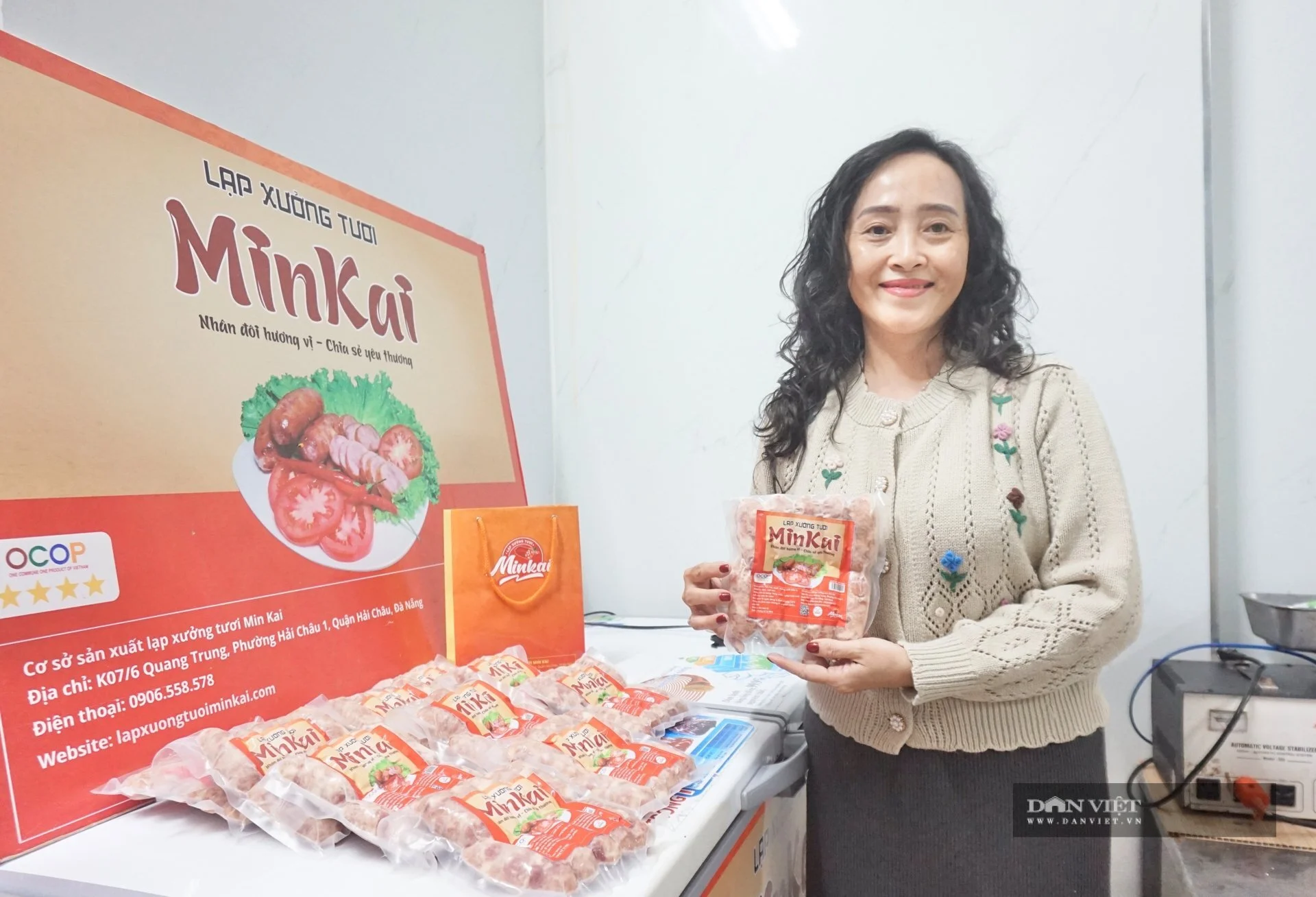

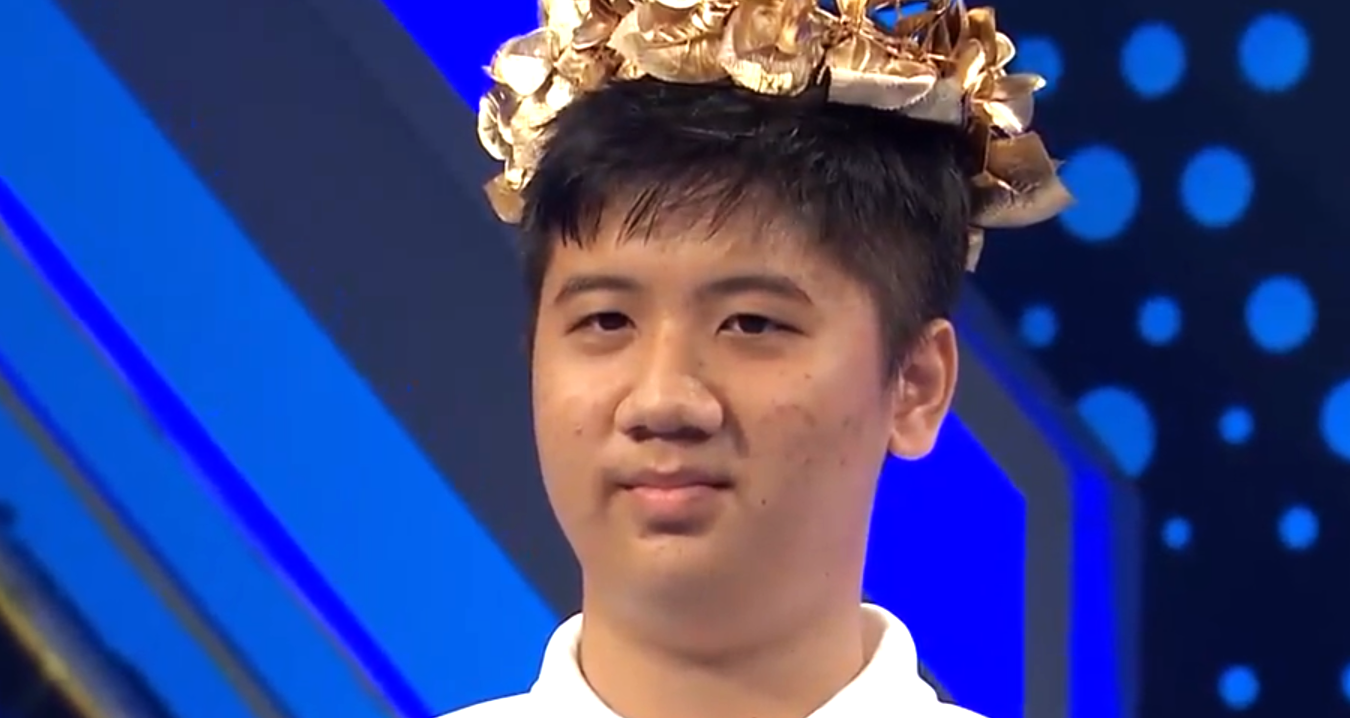











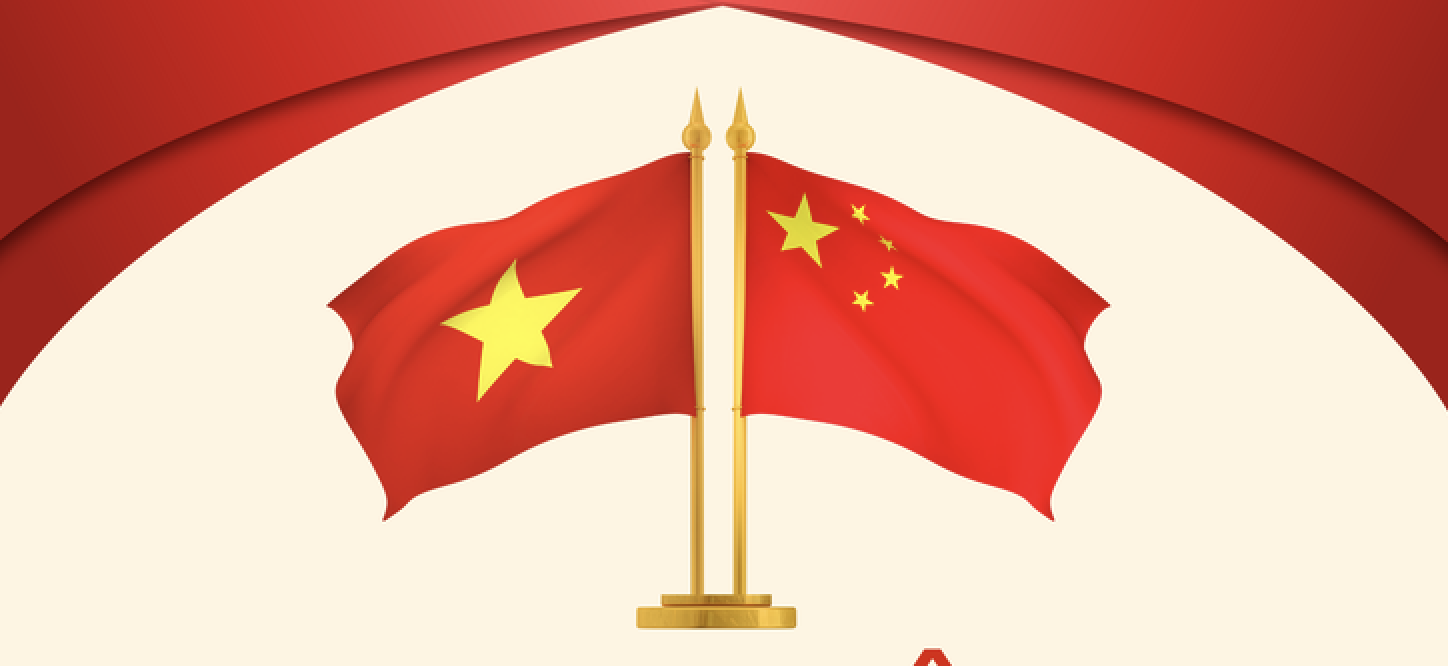








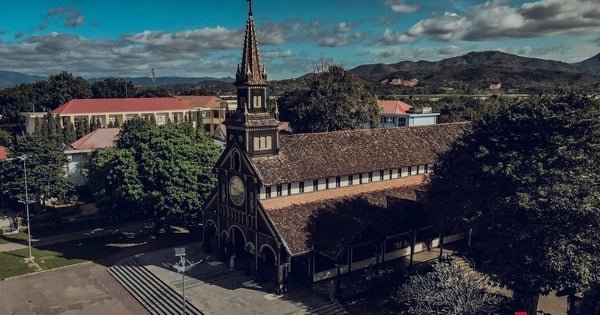
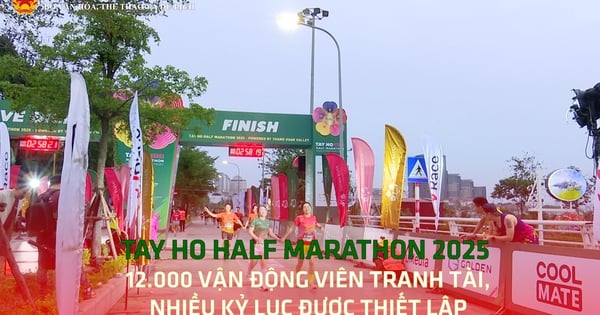
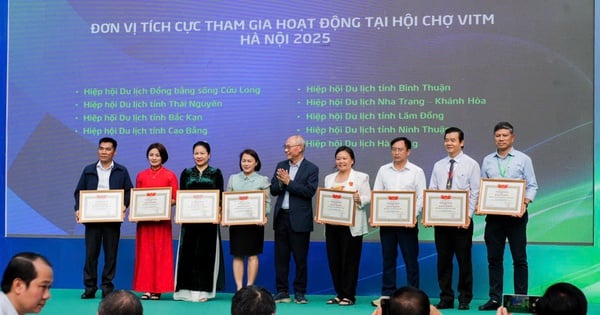






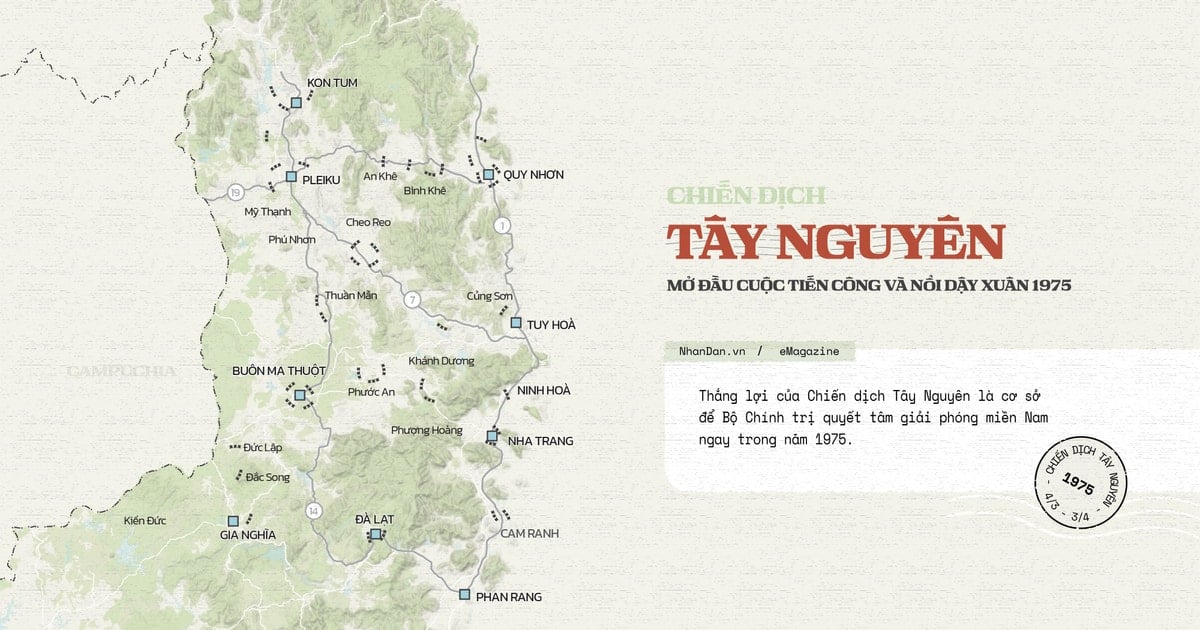
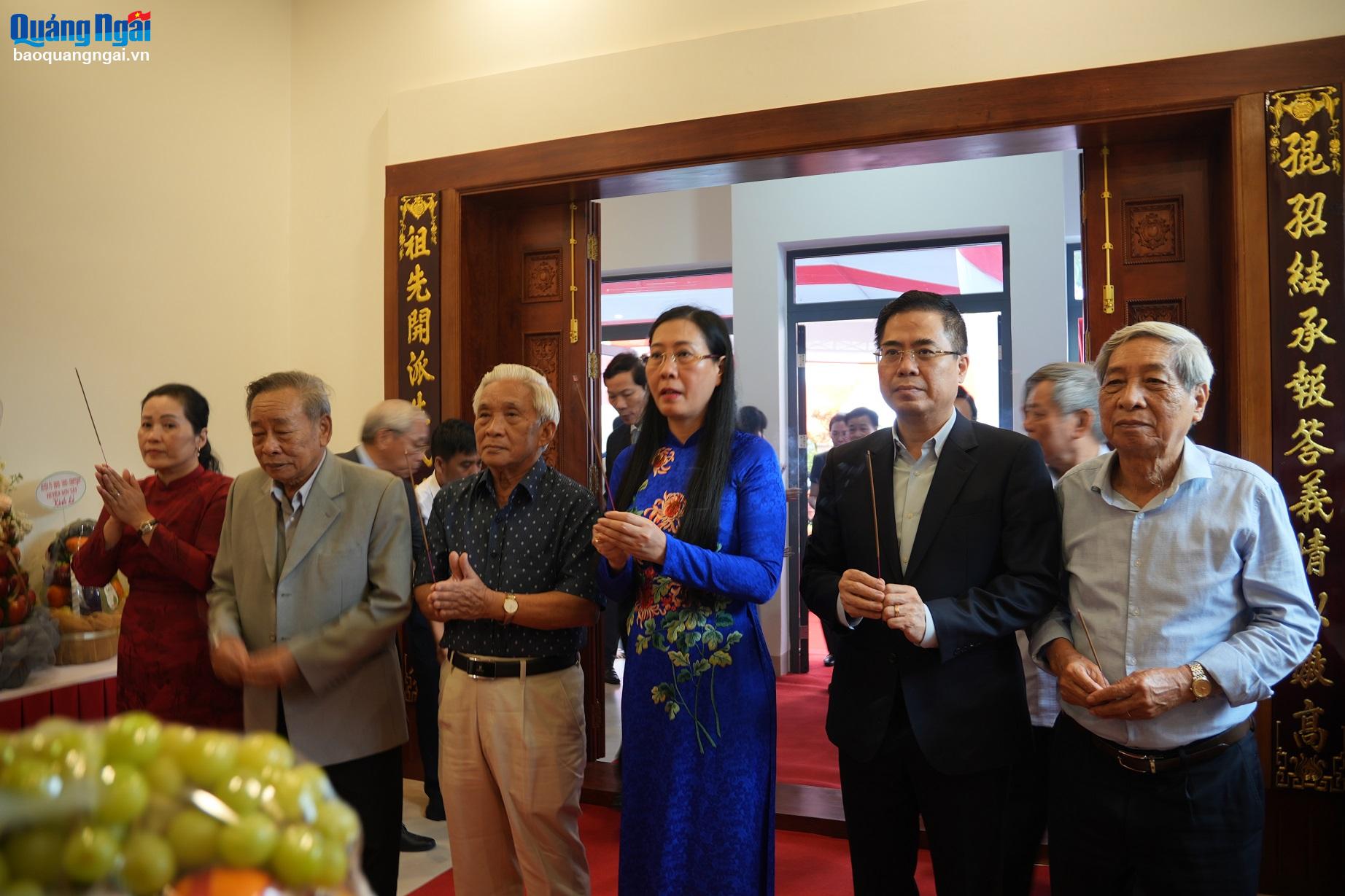
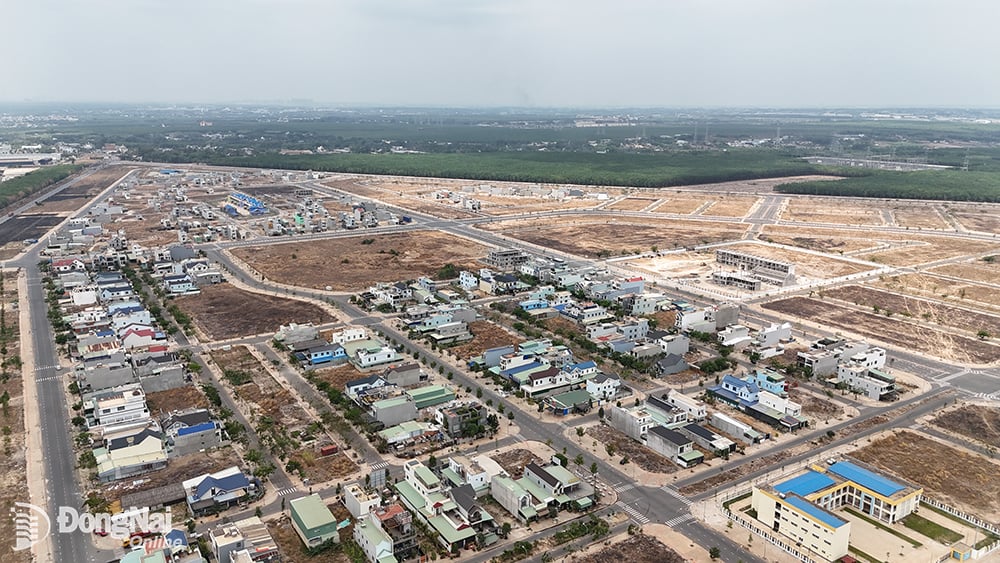

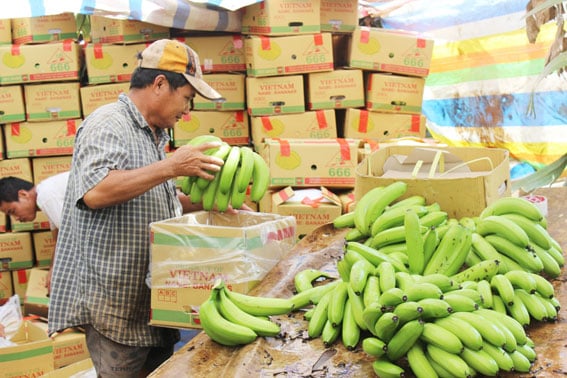











Comment (0)